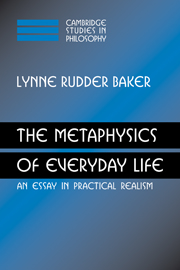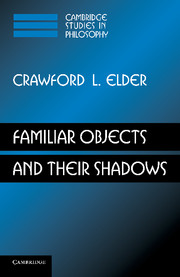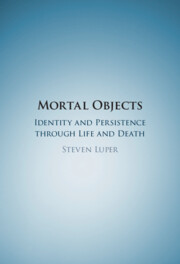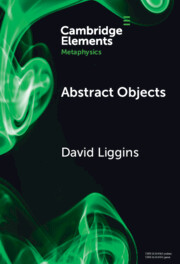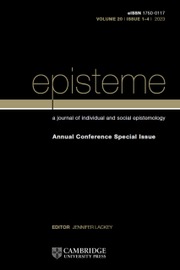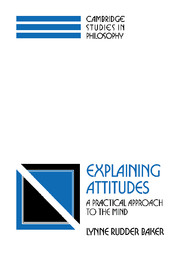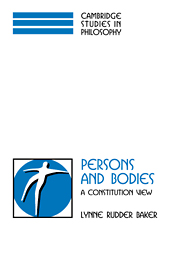The Metaphysics of Everyday Life
Lynne Rudder Baker presents and defends a unique account of the material world: the Constitution View. In contrast to leading metaphysical views that take everyday things to be either non-existent or reducible to micro-objects, the Constitution View construes familiar things as irreducible parts of reality. Although they are ultimately constituted by microphysical particles, everyday objects are neither identical to, nor reducible to, the aggregates of microphysical particles that constitute them. The result is genuine ontological diversity: people, bacteria, donkeys, mountains and microscopes are fundamentally different kinds of things - all constituted by, but not identical to, aggregates of particles. Baker supports her account with discussions of non-reductive causation, vagueness, mereology, artefacts, three-dimensionalism, ontological novelty, ontological levels and emergence. The upshot is a unified ontological theory of the entire material world that irreducibly contains people, as well as non-human living things and inanimate objects.
- Presents a unique account of the material world which construes familiar things as irreducible parts of reality
- Discusses timely metaphysical problems in a clearly written way
- Offers arguments against dominant positions on causation, four-dimensionalism, artefacts and vagueness
Reviews & endorsements
Review of the hardback: 'Baker's book is a valuable contribution to contemporary work in metaphysics. It will be widely discussed, and it will remain a key source of ideas, insights, and arguments for many years to come.' Stephen Schwartz, Ithaca College
Product details
September 2009Paperback
9780521120296
272 pages
229 × 152 × 16 mm
0.4kg
Available
Table of Contents
- Introduction
- 1. Beginning with the middle
- Part I. Everyday Things:
- 2. The reality of ordinary things
- 3. Artifacts
- 4. Human persons
- Part II. The Everyday World:
- 5. Commonsense causation
- 6. Metaphysical vagueness
- 7. Time
- Part III. Metaphysical Underpinnings:
- 8. Constitution revisited
- 9. Mereology and constitution
- 10. Three-dimensionalism defended
- 11. Five ontological issues.

